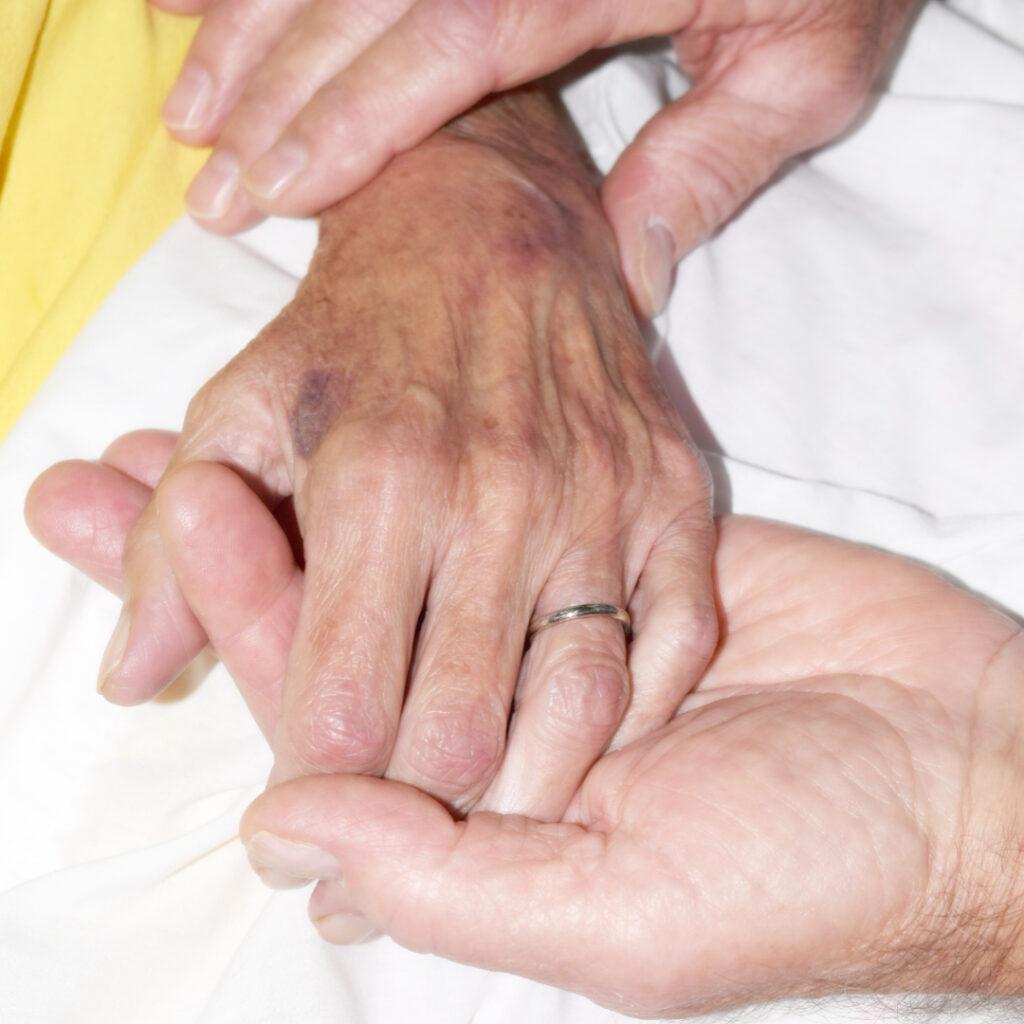


Did you know that the sooner hospice is started, the more it can help?
Many people only consider hospice care in the final days of life. But hospice is ideally suited to care for patients and family caregivers for the last six months of life or more. There are many benefits of hospice care, the earlier a person begins hospice, the more it can help. After all, hospice isn’t about dying but rather living as fully as possible despite a life-limiting illness.
Hospice care can make a profound difference and help maximize quality of life. It provides pain management, symptom control, emotional support and spiritual care to patients and their families. And hospice care is fully covered by Medicare, Medicaid and most private insurance plans.
Far too many people wait too long to learn about hospice care. As a result, people end up spending difficult days in the hospital or the emergency room, and opportunities to be with loved ones at home are lost.
One reason why people wait too long is because of misunderstandings about hospice care. Below are some common myths about hospice that may keep people from getting this compassionate care when they need it most.
MYTH: Hospice is where you go when there is nothing more a doctor can do.
REALITY: Hospice is a philosophy of care providing medical, emotional and spiritual care focusing on comfort and quality of life.
MYTH: Good care at the end of life is very expensive.
REALITY: Medicare beneficiaries pay little or nothing for hospice, and most insurance plans, HMOs and managed care plans include hospice coverage.
MYTH: Hospice is only for the last few days of life.
REALITY: Hospice patients and families can receive care for six months or longer, depending upon the course of the illness.
MYTH: Choosing hospice means giving up all medical treatment.
REALITY: Hospice places the patient and family at the center of the care-planning process and provides high-quality pain management and symptom control.
MYTH: Everyone dies in a hospital.
REALITY: Hospice goes to the patient and family at home—whether that’s a private home, a nursing home or assisted living facility, or a hospice residence.
MYTH: Hospice is only for patients with cancer or AIDS.
REALITY: Fifty percent of hospice patients are diagnosed with conditions other than cancer or AIDS.
MYTH: Families are not able to care for people with terminal illnesses.
REALITY: Hospice involves families, and offers them professional support and training in caring for their loved ones.
MYTH: Hospice is just for the elderly.
REALITY: Hospice serves anyone facing a life-limiting illness, regardless of age.

